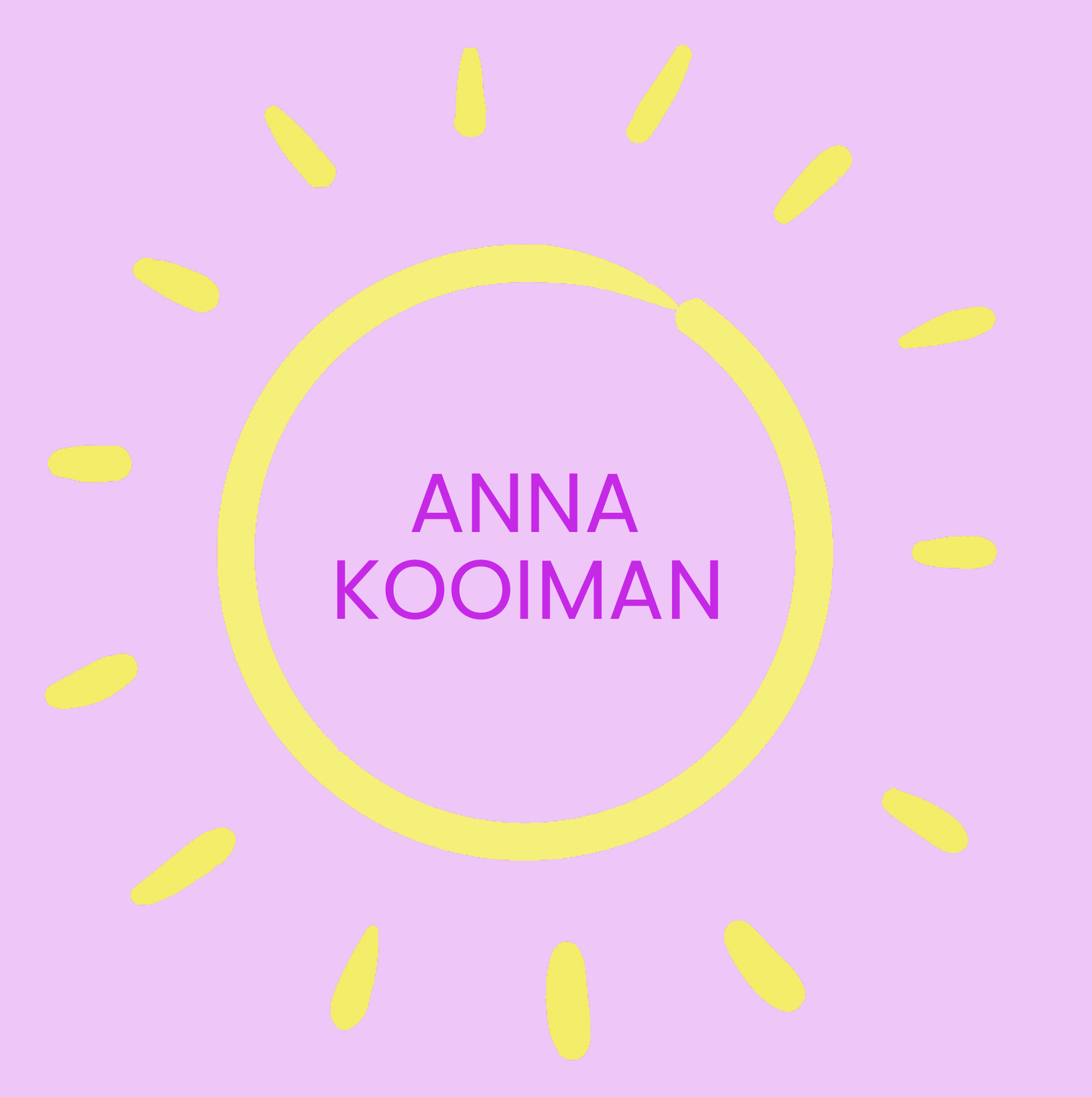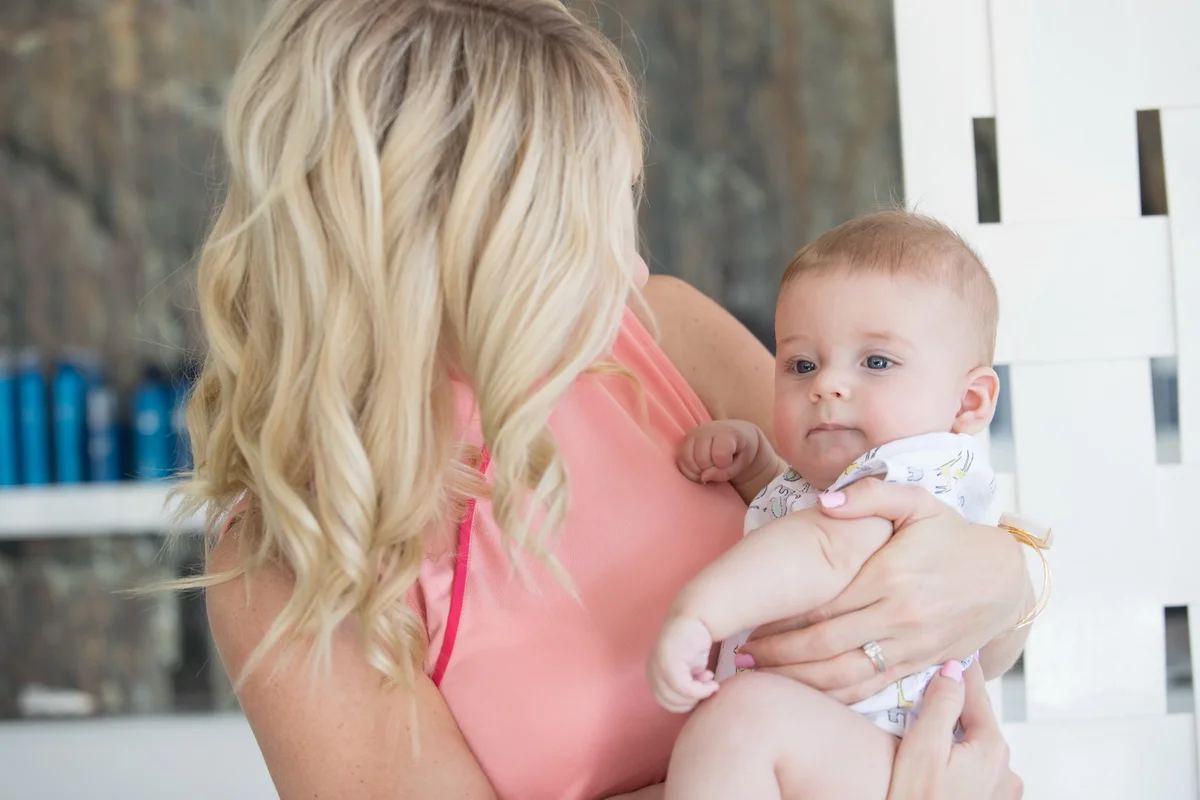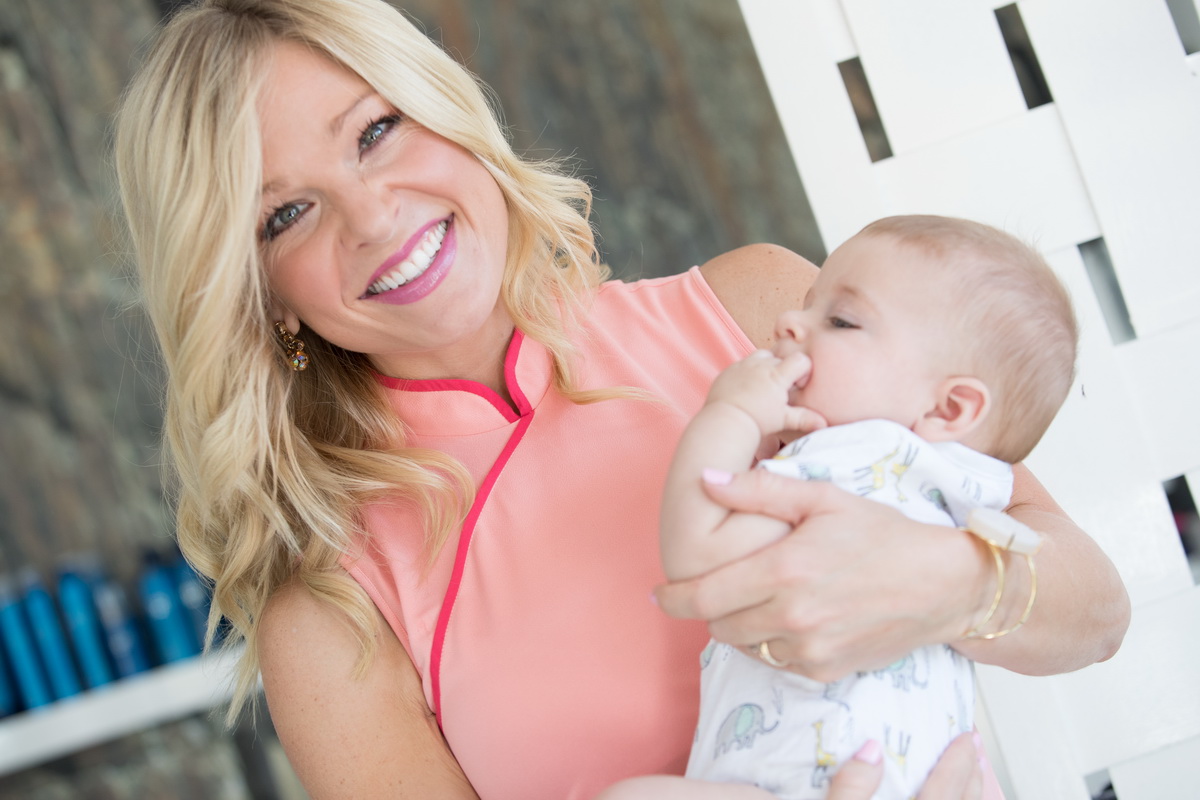Is Sleep Training Good for Baby and Mom?
Is sleep training good for baby and mom? It's something I have been struggling with answering and therefor have been having a hard time deciding whether to take the leap and implement a sleep training method. Some say the 'Cry it Out' method is psychologically damaging to infants, while others say the research does not back this claim. Pretty much every mom I speak to says if you can get through about a week of misery, it is the best thing you can do for both baby and mom.
I'll lay out where we are our in our sleep journey and then share a Q and A with the editor of one of the top rated publications on the topic, Babywise. Also, check out my Instagram feed for a fabulous $200 gift basket giveaway from Under the Nile.
Brooks has just turned 7 months old. He still wakes once in the night for a feed. A massive feed. So although it is a major sleep disruption, I feel like once a night is manageable on my part, and I hate to think of him being hungry in his crib and me not heading in the nursery to feed him. I have tried multiple methods of trying to get him to eat more during the day so he won't be hungry in the middle of the night. But they haven't worked and he continues waking up hungry around 3am - 6 or 7 nights a week. Brooks is able to soothe himself into dreamland when I put him down at night and for his naps which seems to be better than what some moms go through. But it would be nice if I could get him to sleep through the night.
I have traveled from Australia to the USA twice with Brooks and am about to head back to NC and NYC in about 2 weeks. Jet lag is hard on most everyone so I think I will wait until we get back from this next trip and attempt to sleep train. He will be 8 months old when we return, and that seems like a good age for our household to take this on.
Below you will find an interview I have done with the editor of renowned publication, Baby Wise. We are have partnered with Under the Nile for a fantastic giveaway. Check out my Instagram feed for details on how to win! Also, I would love to hear what worked for you, so please leave me a comment.
ANNA: Why is it important for babies to be on a schedule?
BABYWISE: Schedules help stabilize hunger patterns and babies can’t organize their days on their own. They need mom and dad to implement the process. Keep the feed-wake-sleep activities in the proper order leads to babies taking full feedings and productive naps.
ANNA: At what age is it possible to start sleep training? Does it depend on each individual child? How will parents know it’s time?
BABYWISE: If by sleep training you mean a panicked parent realizes their 9 month old isn’t sleeping through the night and they want to know what they can do… well it’s not too late to start sleep training. But the best time to start is in the first few weeks of life. Most newborns sleep 17-19 hours per day. Their bodies need rest to develop properly. Intentionally providing that rest should begin in infancy. By focusing on full feedings in the early days, baby will be well-prepared for sleep. By adding in wake times (as baby becomes more alert) and putting baby down for naps whilst awake, you are already beginning to sleep train.
ANNA: Why is at advised that babies be put in their cribs/cots awake rather than asleep?
BABYWISE: Well, I know how much it aggravates me to be drifting off to sleep only to have an unexpected interruption. We try to transfer a sleeping baby from being cuddled in someone’s arms to lying in a crib and hope that they won’t protest? And maybe they won’t when they’re itty bitty. But what about when they’re older? Babywise moms choose to begin as they mean to go. Letting baby learn to fall asleep on their own is a necessary skill.
ANNA: How can parents tell when babies are crying out and really need help, or are just doing a protest cry while trying to settle themselves?
BABYWISE: We like to suggest reviewing the 4 H’s developed by one of our Contact Moms: Hurt, Health, Hunger, Habit. A Babywise mom evaluates possible reasons for baby’s cry. She is observant. When she takes time to consider the options she is making the choice to carefully respond to her baby, not just react in the moment.
Three helpful articles that dig deeper into this are:
1. What to do if baby wakes from nap crying: https://babywise.life/blogs/momtalk/baby-wakes-from-nap-crying
2. Help! My baby’s crying: https://babywise.life/blogs/momtalk/help-my-baby-s-crying
3. 5 nap disruptions and how to overcome them: https://babywise.life/blogs/momtalk/5-nap-disruptions-how-to-overcome-them
ANNA: Do you think it is best not to ever introduce a pacifier/dummy? If it’s okay, when is it time to take it away and how?
BABYWISE: There is freedom to choose! Some Babywise families use them for specific periods of time. Others prefer not to use them at all. Some prefer them over the thumb, because you can take them away. Just be wise. What will you do if baby loses it in the night? How many times will you go back in to replace it? Or will you scatter a half dozen all around the crib? Then what happens when baby thinks it will be fun to throw them on the floor?! My mentor suggested breaking baby of the pacifier between 6 months to 1 year, while other Babywise moms have successfully used pacifiers longer (and baby still finds their thumb after they remove the pacifier!). Again, the choice is up to each individual family.
ANNA: Why is swaddling important and at what ages?
BABYWISE: Swaddling provides a great deal of comfort to newborns. At some point, they will learn to free their arms. I’ve personally found this a good time to move to a sleep sack where they can still stay warm, but their arms are free.
ANNA: What do you think about swaddling with a piece of cloth versus swaddling with a sleep suit like a Swaddle Up?
BABYWISE: Most young babies enjoy the comfort of swaddling and it may be used to send a message that it is time to sleep; it can help calm and comfort a fussy baby and minimize the startle reflex that can often wake a sleeping baby. A sleep suit like a Swaddle Up makes it easier to do and quicker to do, while also allowing a baby to free his/her arms without scratching themselves and giving them some free movement that a cloth doesn’t not allow. Once a baby can free themselves from the swaddle of a cloth (some are great Houdini’s… ), a sleep suit will stay on and keep them warm through the night.
ANNA: How important is daytime for sleep for optimal nighttime sleep?
BABYWISE: A baby that is sleep deprived during the daytime will become overtired and therefore will struggle even more to go to sleep and even stay asleep at night, so good daytime naps helps optimize nighttime sleep. Working on sleep issues during the day often, once solved, will automatically roll-over into nighttime. If a baby gets enough nutrition during the day and sleeps well during the day, it will often correlate to good nighttime sleep.
To increase the likelihood of continuous nighttime sleep, we recommend a parent-guided FEED - WAKE - SLEEP routine. When it comes to the Babywise PDF, method the quality of each activity is as important as the order of each activity. To re-emphasize the principle of the ripple effect, the stone that created the initial ripple is the QUALITY of each feeding. That means Mom must work to make EACH feeding a FULL feeding. When Mom consistently works with her baby to take a full feeding, it eventually leads to productive waketimes. A good waketime impacts nap time and a good napper is a better feeder.
ANNA: When should baby be in his/her own room?
BABYWISE: It really is a personal choice: some parents sleep better having their babies sleep in their own room from the beginning, so as not to disturb them when making noises while they may have been in a lighter sleep cycle. This also helps them move from restless sleep to restful sleep by themselves without mom disturbing their sleep thinking they were ready for a feed. When a baby is more aware of their surroundings and know Mum is there (they can smell her and see her) in the same room, they are also more likely to be disturbed and want attention. All in all, our answer to parents in general is to allow the above information to guide you in making the best decision about which room baby should sleep in and, if starting in parents’ room, when to make the move.
ANNA: When do most babies start sleeping through the night if they follow your programs?
BABYWISE: Healthy, full-term babies have the capacity to sleep 7-8 hours of continuous nighttime sleep between 7-10 weeks of age and 10-12 hours of sleep by 12 weeks.
ANNA: I wake up with my son at least once a night to nurse and he guzzles a ton of milk! He is 4.5 months old. Is it possible for all babies to sleep thru the night, or do some actually need the nighttime feed for nutrients?
We always say if a baby is hungry – feed him/her! Yes, it is possible for all babies to sleep through the night, but there are times when this is not possible – some examples are: growth spurts, sickness, quality or quantity of Mum’s milk not being quite right, and busyness during day. (For more help identifying baby’s specific sleep problem, reference this article: https://babywise.life/blogs/momtalk/isolating-the-source-babys-sleep-problem)
If you have a good routine with enough feed times during the day, you should be able to determine if your baby is getting enough nutrition so he can sleep at night and not need to extra nutrition.
ANNA: What if the napping/eating schedule gets messed up early in the day? How should the schedule be amended?
BABYWISE: If a baby wakes an hour early in the morning, just adjust each feed time during the day, e.g.: extra 15 mins per cycle rather than one big adjustment and by the end of the day, you should be caught up. If the time is say more than an hour, an extra feed or catnap might be needed to help – this may be the case during growth spurts or appointments that might upset the routine. This is where having a flexible’ routine helps.
ANNA: Sleep training can be emotional for parents. Any advice for how to make it through?
BABY WISE: Time, consistency, patience & perseverance. Once baby goes down for sleep, be consistent with the training; don’t do one thing one naptime and another thing the next time. It will always take time to change habits, so set aside a few days in your calendar where you are home for all naps. (This is also helpful advice when trying to break baby of the pacifier, starting to potty train, etc - just don’t try to do it all at once!).
If you can’t stand to hear your baby cry, set a timer and go and read for a little bit or vacuum the house and then come back and see if they are still crying. At night time especially, get Dad involved and encourage him to get up to see if baby needs anything rather than Mum, as babies can smell mum’s milk and that heightens their desire.
ANNA: Would you like to add anything?
BABYWISE: Ultimately, it’s important for parents to remember each child is different, just like each family is different. The Babywise method is a great tool when paired with parental instinct and we love hearing testimonials from parents over the past 25 years who have successfully found ways to implement our sleep training principles with their children.
The number one thing parents visit our site for is our sample sleep schedules (https://babywise.life/blogs/momtalk/sample-baby-sleep-schedules), but we also have a group of Contact Moms who have decades of experience with the Babywise method and love answering individual parents’ questions (which can be submitted through our Facebook page: https://www.facebook.com/babywiselife/).





